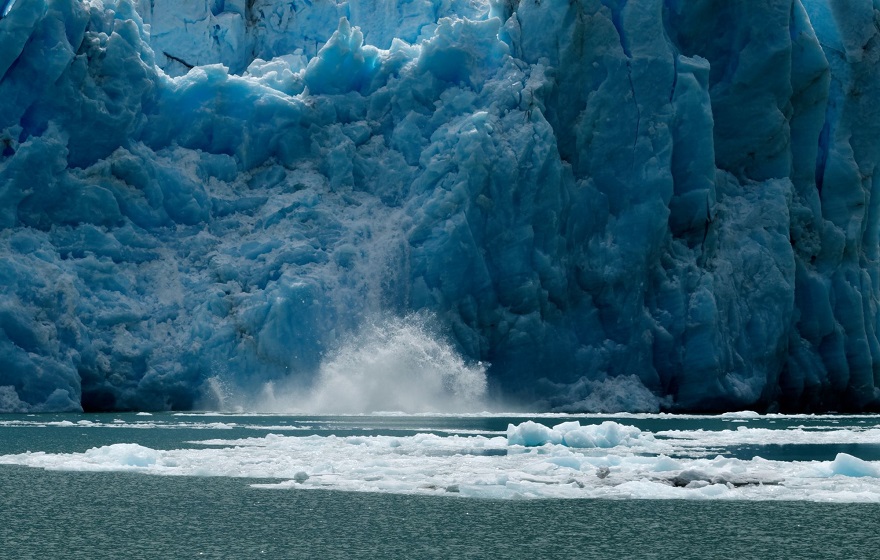In the last couple of years there’s been an intense debate about nature, about our planet and its future. On the one hand, we have the individuals that point out the disastrous effect technological advancements have had on climate change. After all, early developments in the 1800s allowed people to generate electricity for homes and factories, but they also led to more carbon emissions. However, whether technology is or not the only one responsible for the current circumstances is yet to be determined.
On the other hand, we have the ones that strongly believe global warming and melting glaciers are just random terms used by governments to make things sound more dramatic. But the truth is that the situation is already quite dramatic and it shows no sign that it will change its course in the near future unless humans decide to intervene. And since we’ve already seen that technology could be detrimental to climate change, why not turn things around and make it instrumental?
Considering artificial intelligence is able to work faster and with better accuracy than an individual and it can also make predictions further into the future, how about we use it to fight climate change? According to online media outlet CBC News, experts believe that AI could better predict extreme weather, flooding, natural disasters and any other destruction related to climate change. Furthermore, earlier in 2019, University of Waterloo joined hands with Microsoft AI for Earth in a project that aims to use AI and machine learning to find solutions in four specific areas, one of them being climate change.
There is also a roadmap that indicates how we could use machine learning to save our planet and humanity from imminent peril. The project is put together by some of the biggest names in AI research and highlights potential machine-learning interventions in 13 domains, from electricity systems to farms and forests to climate prediction. Within each domain, it breaks out the contributions for various sub-disciplines within machine learning, including computer vision, natural language processing (NLP), and reinforcement learning.
Let’s dig more into how artificial intelligence can help us change the course of history by preventing our planet from dying.
It’s all about the data
To really comprehend the extent of the damage and how it can be fixed, we need a lot of data, that can afterwards be used to identify new solutions and make more accurate forecasts. And what better way to analyze data than with the help of AI? By studying and interpreting the data that is being gathered by sensors, gauges and monitors, we can get the bigger picture of how nature is changing. Climate scientists can then use the information to identify the highest vulnerabilities, risk zones as well as our chances to fight these changes.
Less polluted cities and smart agriculture
AI, deep learning and NLP can also help researchers develop innovative solutions to reduce air-pollution. For instance, IBM launched the Green Horizon Project that analyzes environmental data, predicts pollution and tests “what-if” scenarios that involve pollution-reducing tactics. IBM uses IoT, Big Data processing and cognitive computing to study environmental data from thousands of sources. This helps city planners create a clearer and more sustainable future.
Agriculture is another area that is affected by extreme weather conditions, including heat waves or heavy rain. AI can use the data collected by the sensors that monitor the soil and the temperature to let us know when to water the field or when it’s the best time to plant or to harvest. In the long run, this will increase productivity and efficiency and also reduce the irresponsible use of water.
Continue reading on Strongbytes’ blog.

